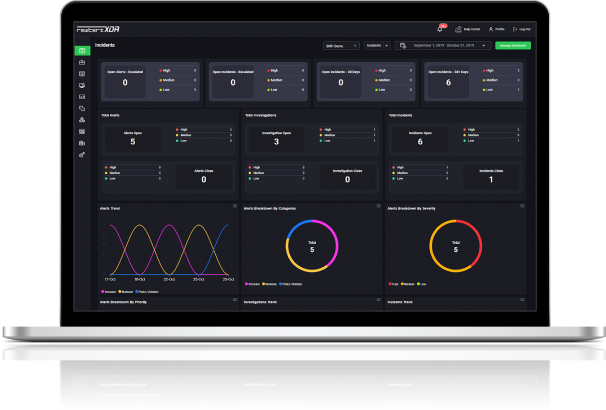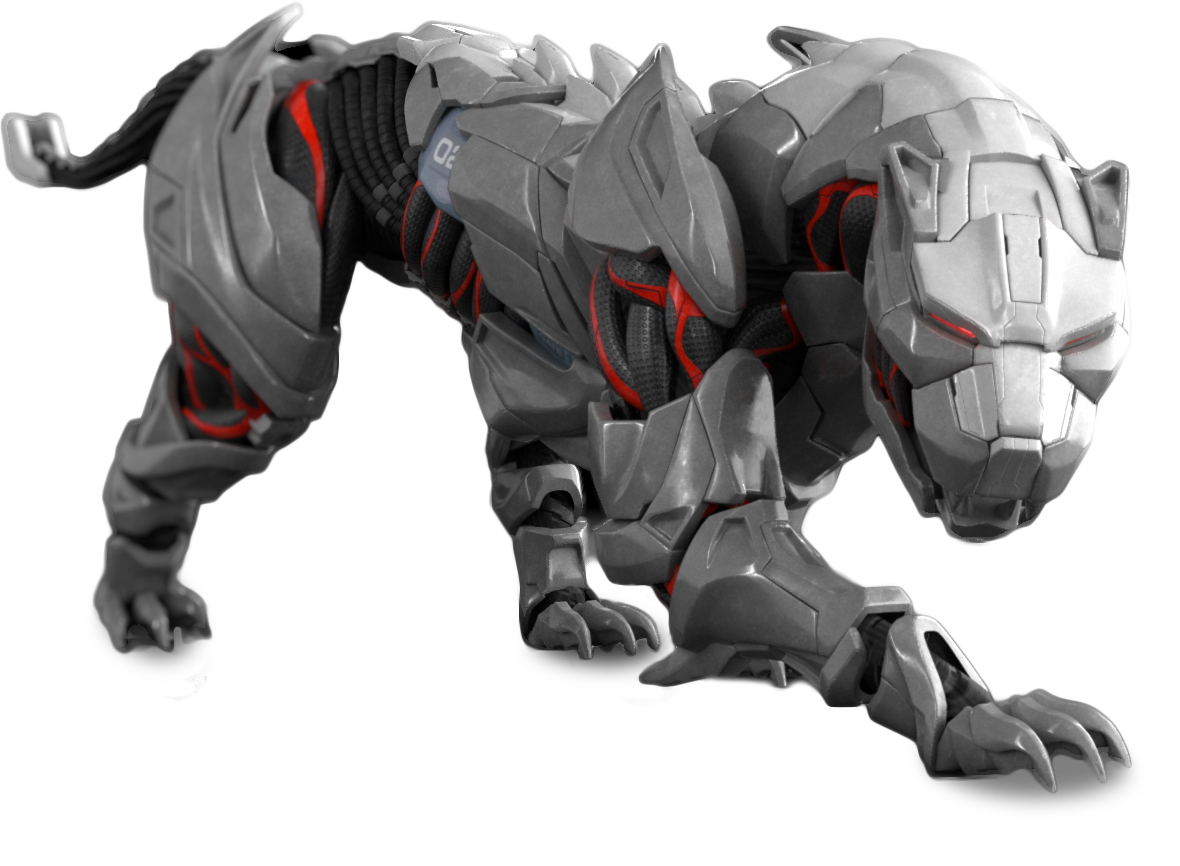

Rewterz Threat Alert – Stolen FireEye Red Team Tool Countermeasures
December 9, 2020
Rewterz Threat Alert – Recent QakBot Malspam Activity
December 10, 2020
Rewterz Threat Alert – Stolen FireEye Red Team Tool Countermeasures
December 9, 2020
Rewterz Threat Alert – Recent QakBot Malspam Activity
December 10, 2020Severity
Medium
Analysis Summary
Multiple vulnerabilities have been reported in multiple open source products.
CVE-2020-13984
The function used in uIP-Contiki-OS to process IPv6 extension headers and extension header options can be forced into an infinite loop state due to unchecked header/option lengths.
CVE-2020-13985
The function used in uIP-Contiki-OS to decapsulate RPL extension headers does not check for unsafe integer conversion when parsing the values provided in a header, allowing an attacker to corrupt memory.
CVE-2020-13986
The function used in uIP-Contiki-OS to decapsulate RPL extension headers does not check the length value of an RPL extension header received, allowing an attacker to cause it to enter an infinite loop.
CVE-2020-13987
The function in open-iscsi, uIP-Contiki-OS, and uIP that parses incoming transport layer packets (TCP/UDP) does not check the length fields of packet headers against the data available in the packets. Given arbitrary lengths, an out-of-bounds memory read may be performed during the checksum computation.
CVE-2020-13988
The function in open-iscsi, uIP-Contiki-OS, and uIP that parses the TCP MSS option does not check the validity of the length field of this option, allowing an attacker to force it into an infinite loop when arbitrary TCP MSS values are supplied.
CVE-2020-17437
When handling TCP urgent data in open-iscsi, uIP-Contiki-OS, and uIP, there are no sanity checks for the value of the urgent data pointer, allowing an attacker to corrupt memory by supplying arbitrary urgent data pointer offsets within TCP packets.
CVE-2020-17438
The function in open-iscsi and uIP that reassembles fragmented packets does not validate the total length of an incoming packet specified in its IP header, as well as the fragmentation offset value specified in the IP header. This could lead to memory corruption.
CVE-2020-17439
Incoming DNS replies in uIP are parsed by the DNS client even if there were no outgoing queries. The DNS transaction ID is not sufficiently random. Provided that the DNS cache is quite small (four entries), this facilitates DNS cache poisoning attacks.
CVE-2020-17440
When parsing incoming DNS packets in uIP-Contiki-NG, uIP-Contiki-OS, and uIP, there are no checks whether domain names are null-terminated. This allows an attacker to achieve memory corruption with crafted DNS responses.
CVE-2020-17441
In picoTCP-NG and picoTCP the payload length field of IPv6 extension headers are not checked against the data available in incoming packets, allowing an attacker to corrupt memory.
CVE-2020-17442
The function in picoTCP-NG and picoTCP that processes the hop-by-hop extension header in IPv6 packets and its options lacks any checks against the length field of the header, allowing an attacker to cause the function to enter an infinite loop by supplying arbitrary length values.
CVE-2020-17443
When processing ICMPv6 echo requests in picoTCP-NG and picoTCP, there are no checks for whether the ICMPv6 header consists of at least 8 bytes (set by RFC443). This leads to the function that creates ICMPv6 echo replies based on a received request with a smaller header to corrupt memory.
CVE-2020-17444
The function in picoTCP-NG and picoTCP that processes IPv6 headers does not check the lengths of extension header options, allowing an attacker to force this function into an infinite loop with crafted length values.
CVE-2020-17445
The function in picoTCP-NG and picoTCP that processes the IPv6 destination options extension header does not check the validity of its options lengths, allowing an attacker to corrupt memory and/or put the function into an infinite loop with crafted length values.
CVE-2020-17467
The function in FNET does not check whether domain names are null terminated when parsing Link-local Multicast Name Resolution (LLMNR) requests. This may allow an attacker to read out of bounds.
CVE-2020-17468
The function in FNET that processes the IPv6 hop-by-hop extension header does not check the validity of its options lengths, allowing an attacker to corrupt memory.
CVE-2020-17469
The IPv6 packet reassembly function in FNET does not check whether the received fragments are properly aligned in memory, allowing an attacker to perform memory corruption with crafted IPv6 fragmented packets.
CVE-2020-17470
The function in FNET that initializes the DNS client interface structure does not set sufficiently random transaction IDs (they will be always set to 1), facilitating DNS cache poisoning attacks.
CVE-2020-24334
The function in uIP-Contiki-NG, uIP-Contiki-OS, and uIP that processes DNS responses does not check whether the number of responses specified in the DNS packet header correspond to the response data available in the DNS packet, which may allow an attacker to corrupt memory.
CVE-2020-24335
The function in uIP-Contiki-NG, uIP-Contiki-OS, and uIP that parses domain names lacks bounds checks, allowing an attacker to corrupt memory with crafted DNS packets.
CVE-2020-24336
The function in uIP-Contiki-NG and uIP-Contiki-OS for parsing DNS records in DNS response packets sent over NAT64 does not validate the length field of the response records, allowing an attacker to corrupt memory.
CVE-2020-24337
The function in picoTCP-NG and picoTCP that processes TCP options does not validate their lengths, allowing an attacker to put the function into an infinite loop with uncommon/unsupported TCP options that have crafted length values.
CVE-2020-24338
The function in picoTCP and picoTCP-NG that parses domain names lacks bounds checks, allowing an attacker to corrupt memory with crafted DNS packets.
CVE-2020-24339
The function in picoTCP and picoTCP-NG that processes DNS responses does not check whether the number of responses specified in the DNS packet header correspond to the response data available in the DNS packet, allowing an attacker to perform memory corruption.
CVE-2020-24340
The function in picoTCP and picoTCP-NG that processes DNS responses does not check whether the number of responses specified in the DNS packet header correspond to the response data available in the DNS packet, allowing an attacker to perform memory corruption.
CVE-2020-24341
The TCP input data processing function in picoTCP-NG and picoTCP does not validate the length of incoming TCP packets, allowing an attacker to read out of bounds and perform memory corruption.
CVE-2020-24383
When parsing incoming DNS packets in FNET, mbed-os’s nanostack, and FNET mdns, there are no checks whether domain names are null-terminated. This may allow an attacker to achieve memory corruption and/or memory leak.
CVE-2020-25107
The function in Nut/Net that processes DNS questions/responses has several issues: there is no check on whether a domain name is NULL-terminated; the DNS response data length is not checked (can be set to arbitrary value from a packet); the number of DNS queries/responses (set in DNS header) is not checked against the data present; the length byte of a domain name in a DNS query/response is not checked and is used for internal memory operations.
CVE-2020-25108
The function in Nut/Net that processes DNS questions/responses has several issues: there is no check on whether a domain name is NULL-terminated; the DNS response data length is not checked (can be set to arbitrary value from a packet); the number of DNS queries/responses (set in DNS header) is not checked against the data present; the length byte of a domain name in a DNS query/response is not checked and is used for internal memory operations.
CVE-2020-25109
The function in Nut/Net that processes DNS questions/responses has several issues: there is no check on whether a domain name is NULL-terminated; the DNS response data length is not checked (can be set to arbitrary value from a packet); the number of DNS queries/responses (set in DNS header) is not checked against the data present; the length byte of a domain name in a DNS query/response is not checked and is used for internal memory operations.
CVE-2020-25110
The function in Nut/Net that processes DNS questions/responses has several issues: there is no check on whether a domain name is NULL-terminated; the DNS response data length is not checked (can be set to arbitrary value from a packet); the number of DNS queries/responses (set in DNS header) is not checked against the data present; the length byte of a domain name in a DNS query/response is not checked and is used for internal memory operations.
CVE-2020-25111
The function in Nut/Net that processes DNS questions/responses has several issues: there is no check on whether a domain name is NULL-terminated; the DNS response data length is not checked (can be set to arbitrary value from a packet); the number of DNS queries/responses (set in DNS header) is not checked against the data present; the length byte of a domain name in a DNS query/response is not checked and is used for internal memory operations.
CVE-2020-25112
Vulnerabilities in uIP-Contiki-OS (EOL) provide insufficient checks for the IPv4/IPv6 header length and inconsistent checks for the IPv6 header extension lengths, which may allow an attacker to corrupt memory.
Impact
Multiple
Affected Vendors
Multiple (open source)
Affected Products
- uIP-Contiki-OS (end-of-life [EOL]) Version 3.0 and prior
- uIP-Contiki-NG Version 4.5 and prior
- uIP (EOL) Version 1.0 and prior
- open-iscsi Version 2.1.12 and prior
- picoTCP-NG Version 1.7.0 and prior
- picoTCP (EOL) Version 1.7.0 and prior
- FNET Version 4.6.3
- Nut/Net Version 5.1 and prior
Remediation
Visit below link for updates.








